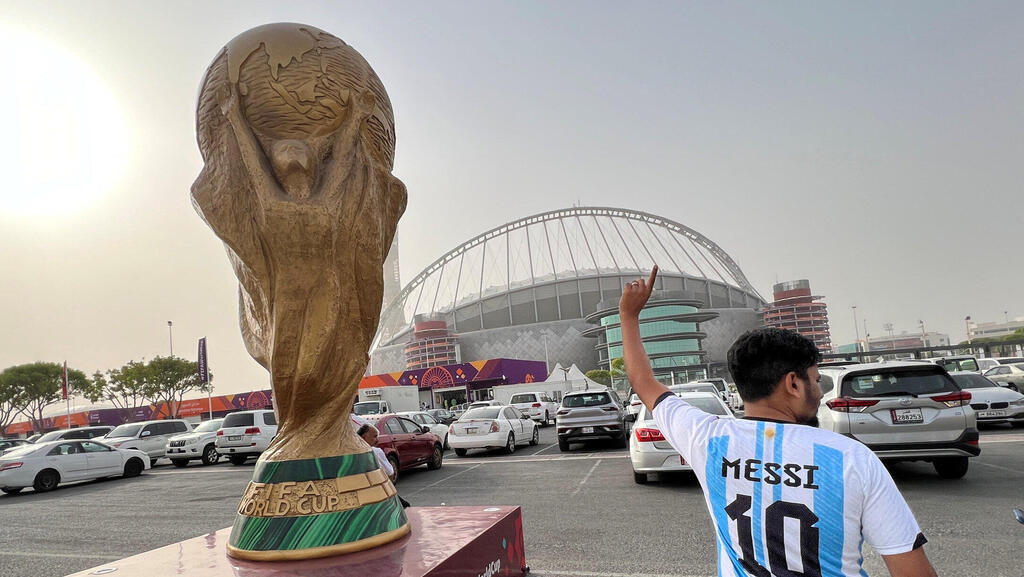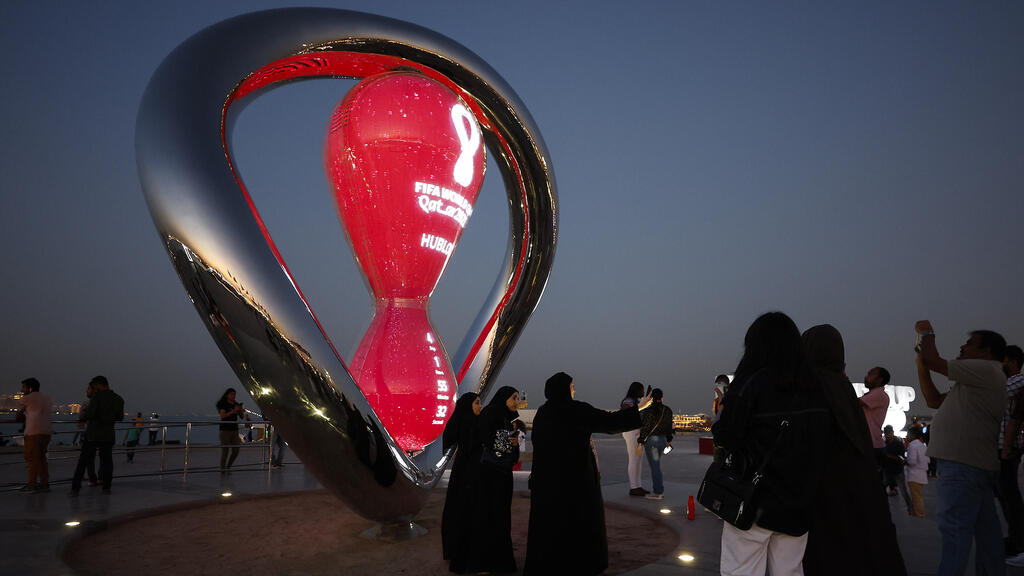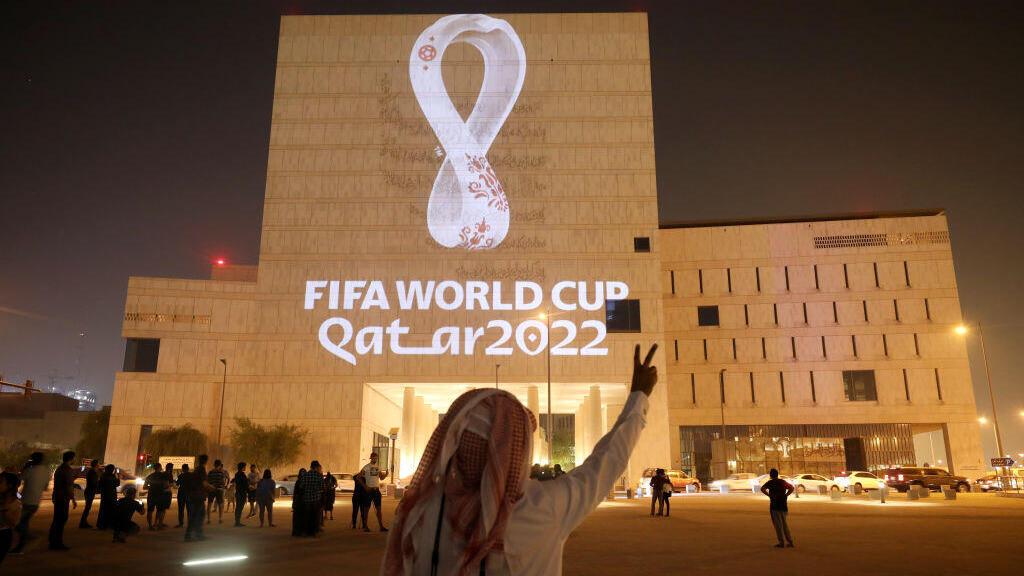Getting your Trinity Audio player ready...
In the week leading up to the kick-off of the World Cup in Qatar, 21 Palestinians were killed in the Gaza Strip after a deadly house fire broke out during a family event.
Among the victims were mothers and grandmothers who tried to shield their children from the flames. The conflagration spread quickly after a faulty generator lit up stocks of gasoline the family used during blackouts in energy-starved Gaza, leaving family members with slim chances of survival.
Hosting the World Cup in Qatar has cost the Gulf nation between $220-240 billion. Housing projects for the Palestinian enclave's two million Palestinian residents, along with two additional power plants, would have cost $10 billion, only 4% of what Qatar splashed on eight stadiums, hotels and public transportation infrastructure that will most probably become white elephants once games wrap up in a month.
Not a single Palestinian construction worker found employment in these projects, and not because of fears of terror, but because Qatari authorities did not want to flaunt the massive costs of hosting the world's biggest soccer spectacle in front of the Palestinians.
The World Cup extravaganza symbolizes the death of the little interest other Arab and Muslim nations had in the fate of the Palestinians over the past couple of decades. This attention lightning rod will go down in the history of the Middle East as the clearest sign of oil-rich Arab countries rich turning their backs on their Palestinian brothers.
Energy prices have skyrocketed as a result of the Russian invasion of Ukraine. According to International Monetary Fund estimates, Arab countries' revenue from oil and gas production and exports is expected to balloon from $3 billion to $5 trillion in 2022 and 2023.
Their revenue is expected to go up by $2 trillion in one year, and $4 trillion in two years. A fraction of that would be enough to stabilize everyday life in Gaza, provide quality healthcare and education systems, along with securing water and electrical infrastructure for millions of Palestinians in Gaza. This won’t happen, of course. The Arab oil and gas barons will hold onto this windfall, or spend it on opulent vanity projects.
They justify their unforgivable selfishness with the laughable excuse that such aid to the Palestinians equates to meddling in the Israeli-Palestinian conflict in the Jewish state's favor. The hypocrisy in this statement stinks to high heaven.
Those spendthrifts should go visit Gaza's refugee camps and tell their residents they are unwilling to help them because the perpetuation of their destitution, neglect and misery is the Arab world's best card against the "occupying Zionists".
Try telling the Palestinian folk the absence of aid is part of a clever political scheme to help them politically. Try explaining to them how come you build museums, shopping malls and stadiums to the tune of billions of dollars every year in your own countries, but won’t build hospitals, sports centers and kindergartens for Palestinian children for a fraction of that, which is mere pocket change for you. You won’t convince any of them.
And after all of that, FIFA President Gianni Infantino then pops up with a long-winded, self-righteous and hypocritical screed, rife with historical inaccuracies, in which he demanded that activists who criticized Qatari authorities for its abuse of migrant workers apologize to the host country's leaders.
Why? Pray tell. Because he believes that Europeans have persecuted Arabs for 3,000 years. What kind of history books did Mr. Infatino read, if any?
But when it comes to asking for forgiveness, the Europeans should first and foremost ask for forgiveness from the Jews — whom the FIFA president forgot to mention — followed by the Native Americans and Australia's aboriginal people.
FIFA should apologize to soccer fans for its lapse in judgment in holding the World Cup under the scorching sun of a small, gas-rich and undemocratic nation that lacks any local soccer culture.
The Qatari leaders, seeing their ostentatious improvidence, should also apologize to the Palestinians, starting with the victims of the house fire in Gaza.




